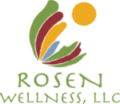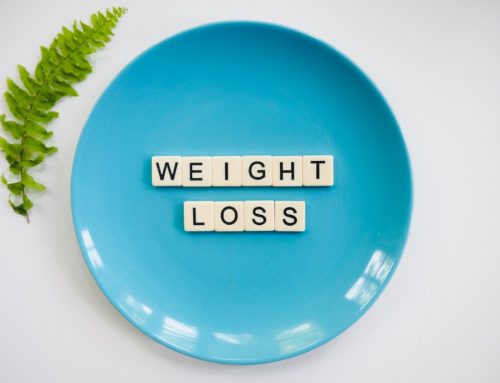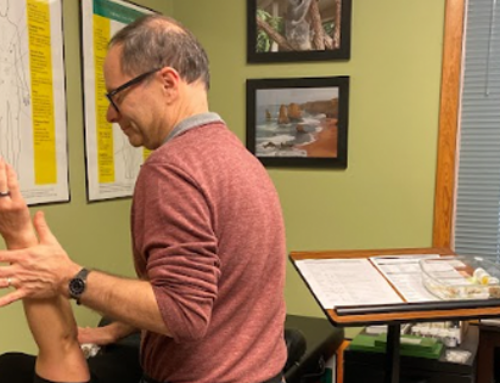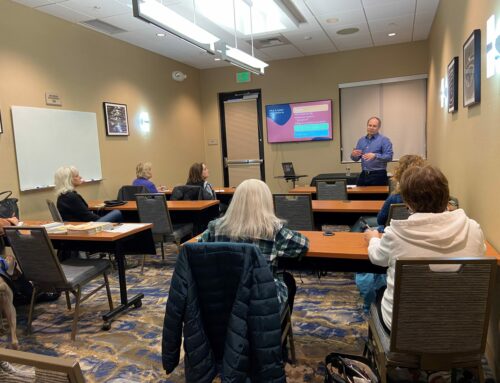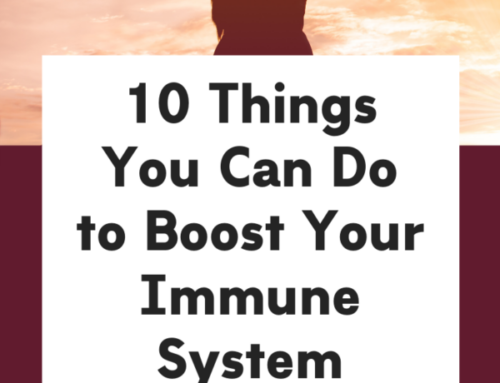One of my most popular public talks is called “Good Supplements Bad Supplements.” The reason it is so popular is that most of the general public is very confused about whether or not to use nutritional supplements. “If vitamins are supposed to be good for us, why do I read in the paper and hear on television reports they are not?”
There are many articles written by “experts” such as the September 2016 article in Consumer Reports that pan the use of supplements. Two years ago I reported on another study that concluded that vitamin supplementation was not helpful (and in fact some suggested it could be harmful). There were no significant differences in positive outcomes between people taking vitamins and those not taking them. Another study specific to Vitamin E and “antioxidant” supplementation found that those taking the supplements experienced worse outcomes (more heart disease and cancer) than those not taking the supplements.
For years we have been told by alternative health practitioners and the vitamin and supplement industry that Vitamin E and “antioxidants” are supposed to protect against heart disease and cancer. This appears to be counter-intuitive. Can they both be right?
The surprising answer is yes, they can both be “right.” It all depends what was being tested and understanding the basic principles behind vitamin metabolism in the human body. Vitamins appear in nature as part of a complex composed of several biochemical factors. For example, in nature Vitamin C is in an orange and Vitamin E is in wheat germ and leafy green vegetables. However, this is not what was “studied” in the research. What was used were alpha tocopherol as Vitamin E and ascorbic acid as Vitamin C. The government allows you to say these are the same things. But they are not. Ascorbic acid and alpha tocopherol are produced in laboratories – they are synthetic vitamins. For example you can combine sulphuric acid and sugar and get ascorbic acid.
Without going into all the details let’s take a simple example of how this works in the human body, not in a test tube. Scurvy is a Vitamin C deficiency disease. British sailors used lemons and limes to prevent scurvy on their long ocean voyages. Guess what happens if you give ascorbic acid to someone with scurvy? Their condition will not improve. They need the full Vitamin C complex as it is in nature, as the British sailors used, not the fractionated part made in a lab.
When we provide only the fractionated, synthetically produced “vitamin” we are not getting the true vitamin as nature intended. Unfortunately some 95% of all vitamin products sold today fall into the synthetic category.
Let’s take a look at the Consumer Reports article claims. As I said I agree with much of what they say, but we also need to look at the full picture.
They say that vitamin manufacturers “don’t have to secure Food and Drug Administration approval to sell their products, and their facilities aren’t policed the same way as pharmaceutical companies.” True, not the same way, but they are still subject to inspections and regulations. If you don’t believe me go on a tour of the Standard Process manufacturing facility and see what they do!
The article suggests that supplements are unproven and unsafe and offers figures on complaints, health problems, life threatening conditions, and deaths from supplements. I’m sure those reports are true, but they do not say specifically which products cause the most problems and what other factors may be involved. There are definitely poor quality supplements made by questionable manufacturers that are purchased regularly by the unsuspecting public. Yet, at the same time they fail to point out that much larger numbers of people have similar reactions to medications! Death by medication happens to be one of the leading causes of mortality in the United States!
They provide a list of “15 ingredients to always avoid.” I don’t have the time or space to go through all of them and again in some instances they are correct. One example of not telling the full story is red yeast rice. Red yeast rice is often the natural alternative to a statin medication. The article lists claimed benefits and then risks of red yeast rice. What is not mentioned is that all the risks associated with red yeast rice are identical to the side effects of statins!
One of the true problem areas of supplements are the “quick-fix” highly promoted ones such as weight loss, body building, and sexual enhancement. These are commonly found to contain pharmaceutical drugs or illegal chemicals. This does not surprise me. Like in all industries, there are some bad actors and the supplement industry is no different. These types of supplements are frequently sold with false or misleading claims on the label.
The last point is they mention the increasing popularity of supplements being distributed by doctors and hospitals and how there is an increase in associated problems. This makes perfect sense to me for two reasons. First, these people are really not trained in the proper use of nutritional supplements and second they are using mostly synthetic vitamins and poorly made herbal formulas.
The lesson of this is buying cheap, synthetic, fractionated vitamins is likely a waste of money which is common to all the studies and the article. You may have experienced this yourself when you have noticed bright yellow urine after taking a “B-Complex” vitamin. Your body can’t use the stuff, so it is getting rid of it.
However, eating real food and using supplements that have been made from real whole foods will provide you with the promised health benefits. This is based on real research. The original studies and identification of vitamins was done with real foods and seeing the effects of removing these foods from animal diets. Specific diseases (the vitamin deficiency diseases) that humans were experienced were reproduced in animals based on the real foods. So, it is real. Specific vitamins do support specific functions in the body but only do so when they are delivered in the natural form in which the body was designed to utilize them.
Bernard Rosen, PhD is a Nutrition Consultant and Educator. He works with individuals, groups, and at corporations to create individualized nutrition and wellness programs. His office is in Mequon, WI. To learn more or to schedule an appointment, e-mail at bernie@brwellness.com, call (262) 389-9907 or go to www.brwellness.com.
